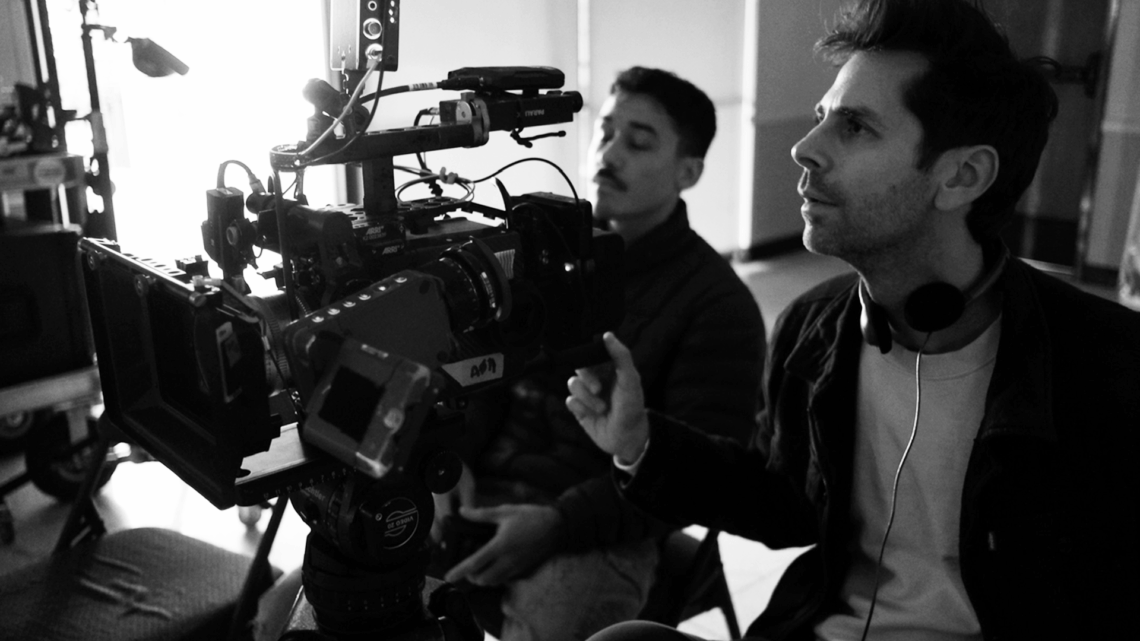If your goal is to become a better director, there is only one way:
Make more films.
No amount of watching movies, reading books on craft, or writing screenplays will ever be a substitute.
90% of what you need to learn can only be absorbed by actually doing the work…
Picking a project and committing to it. Securing the right collaborators. Dealing with constant issues in prep and on set. Seeing the results of your efforts (good or bad) in post. Dealing with rejection and success in equal measure…
None of that will ever be learned in a book. Which is why the vast majority of film producers, financiers, and other stakeholders will only work with vetted filmmakers.
Many filmmakers assume the only way to feel valuable to the legacy “gatekeepers” is to have made some massive project that won a thousand awards.
But the other (more common) path, is building a body of work that shows you know how to finish what you started. And implies that you inevitably have learned the ropes the only way there is to learn – by actually doing the work.
Making films is incredibly expensive though, especially on the feature level where you get the most experience.
This is why most directors have actually not directed much at all. Not because they wouldn’t kill for the opportunity to do so, but because it feels like it’s out of their control.
The only antidote to this dilemma is micro-budget DIY filmmaking.
It is the one path that guarantees your ability to create, make projects at will, and most importantly – hone your craft.
You will never have control of the external success of any project. But having the ability to initiate any project you want at will is more important in the long run.
It’s what teaches you the intangible lessons you could never learn any other way. It’s what builds your core network as a filmmaker. And what helps you find your creative voice.
All of these benefits can be yielded on any project of any scale. No million dollar budgets are required.
What is required however, is an immense amount of will power, self determination, and an unwavering belief in your path.
Without that, it’s too easy to talk yourself out of it. Or even worse, quit once you’ve already started.
The time to make something is now. There is no reason to wait, as there is no project too small to find value in.
It doesn’t matter what your budget is (or isn’t), which genre you’re working in, or how you choose to produce your own film.
All that matters is that you’re doing something. A short, a feature, a proof of concept – Whatever excites you in the moment and can be executed within your means.
It boils down to aligning your efforts around one singular goal: Experience.
You want as many days on set as possible. As many hours as you can working with actors. As much time in post as you need to break through to the next level and find your style.
If you continually prioritize creation over stagnation, you can’t help but get ahead.
You will build a body of work, grow your resource base immensely, and most importantly become a better artist.
And all of that makes the external success so many filmmakers strive for that much more within reach.
That all said, there’s no sense in making films you aren’t passionate about just because you want to get your reps in. You still have to love what you are doing.
But if you can find an idea that you love that can also be done within your means in the present moment, you are lightyears ahead.
For exclusive filmmaking articles every Sunday, sign up for my newsletter here!



No Comments